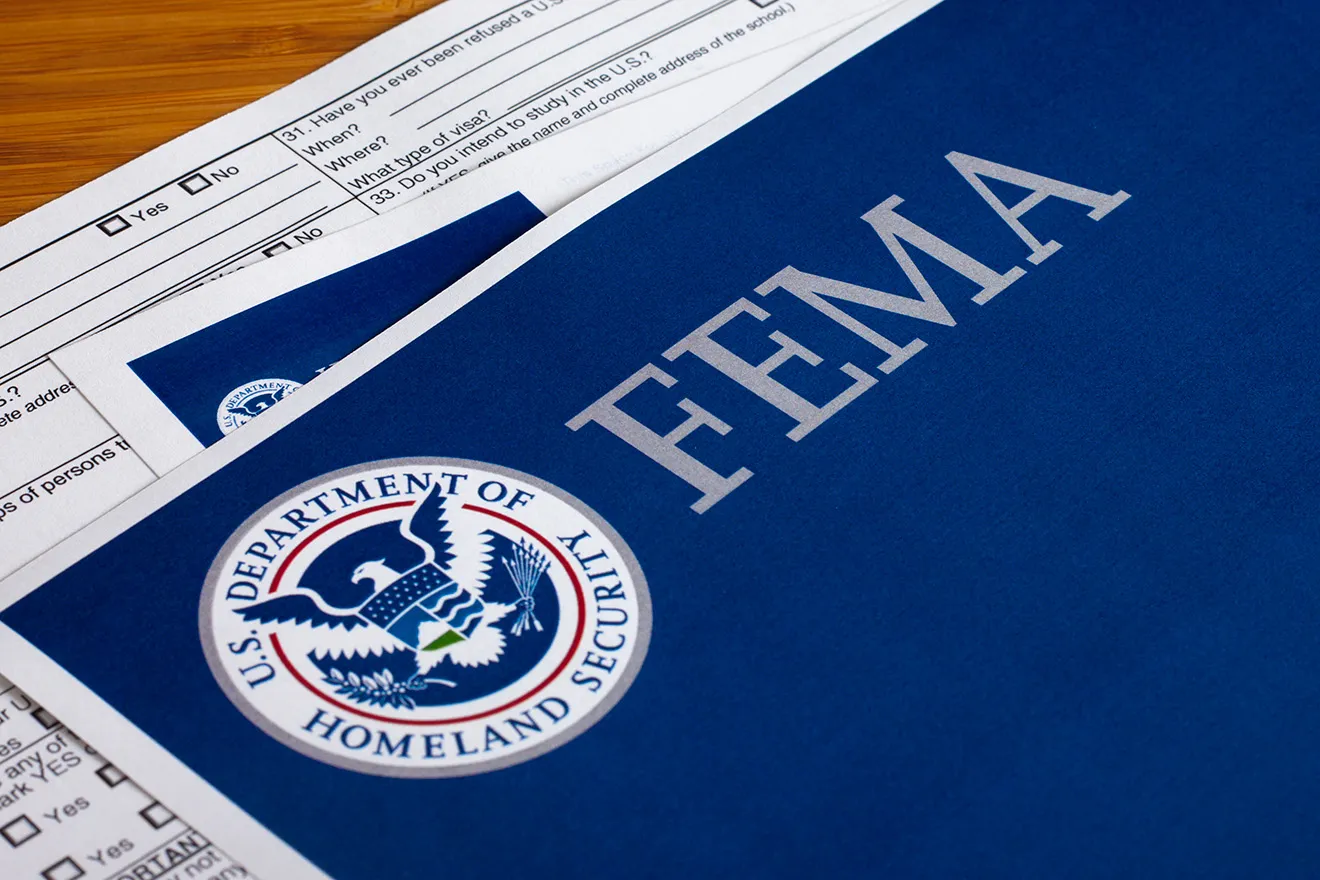
Utah, Nebraska Senators back bill for oversight of U.S.-China tech agreements
(The Center Square) - U.S. Sen. Mitt Romney, R-Utah, is joining a Republican-backed initiative led by U.S. Sen. Pete Ricketts, R-Nebraska, to boost oversight over U.S.-China science and technological agreements.
The two Senators are among the 17 who introduced the Science and Technology Agreement Enhanced Congressional Notification Act.
"The bill would strengthen oversight of science and technology agreements between the U.S. and the People’s Republic of China by requiring the Secretary of State to provide comprehensive details to Congress about any new, renewed, or extended agreement and establishing a minimum 30-day Congressional review period," a press release from Romney's office said. "This transparency and accountability provision includes thorough national security risk assessments, human rights considerations, and consistent monitoring mechanisms."
Romney said the Senators filed the bill because the Chinese Communist Party is no friend to the United States.
“We must be clear-eyed that the Chinese Communist Party is on a quest to replace the United States as the world’s economic, military, and geopolitical superpower,” Romney said. “Nearly every decision we make — at every level of government — must be looked at through the lens of our competition with China. Unlike in the U.S., the CCP can compel its businesses and universities to hand over research and technological advancements obtained through research partnerships to promote its military objectives — in turn jeopardizing our national security. Congressional oversight of science and technology agreements between the U.S. and China will help ensure we safeguard our intellectual property and maintain our innovation edge.”
Ricketts expressed a similar sentiment to Romney and blasted President Joe Biden for not being tough enough on China.
“The Biden administration has failed to stand up to the Chinese Communist Party time and time again,” Ricketts said. “There is no daylight between the Communist regime and the private sector in the People’s Republic of China. The CCP will manipulate or disregard rules to gain technological and military advantages that put our national security at risk. Congressional oversight is necessary before we enter into science and technology agreements with our chief adversary. As the administration attempts to negotiate a stronger agreement, it should have to show its work. This bill would make sure that happens.”
The bill prevents the Secretary of State from renewing or extending the STA until the office provides Congress with at least 30 days to review the following:
- The full text of the agreement,
- A detailed justification for the STA, including an explanation as to why such agreement is in the national security interests of the United States,
- An assessment of the risks and potential effects of such agreement, including any potential for the transfer under such agreement of technology or intellectual property capable of harming the national security interests of the United States,
- A detailed justification for how the Secretary intends to address human rights concerns in any scientific and technology collaboration proposed to be conducted under such agreement, and
- An assessment of the extent to which the Secretary will be able to continuously monitor the commitments made by the PRC under such agreement.
If the bill becomes law, the Secretary will have 60 days to give Congress the needed reporting requirements or any STA with China will cease to exist.
One can read the proposed bill here.

















